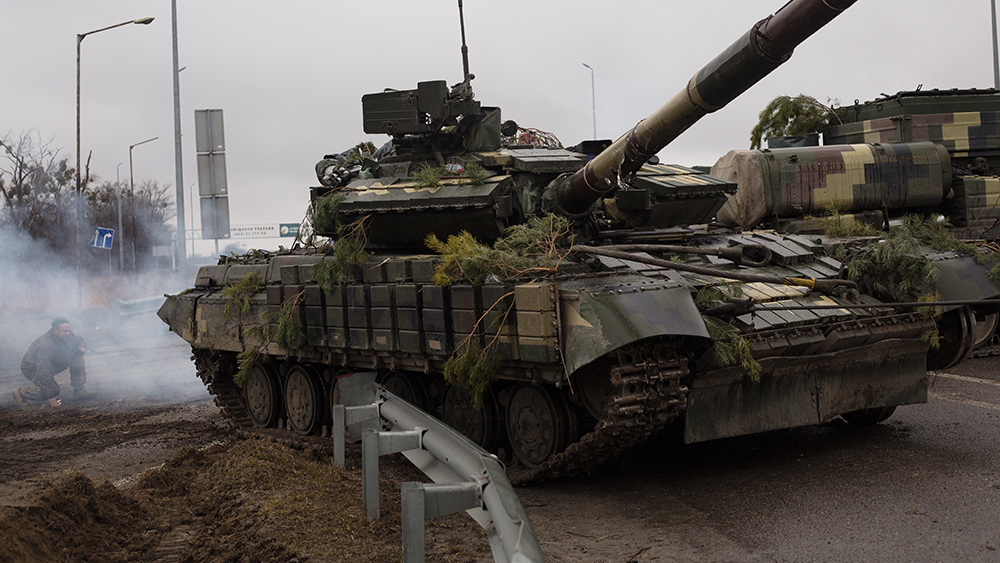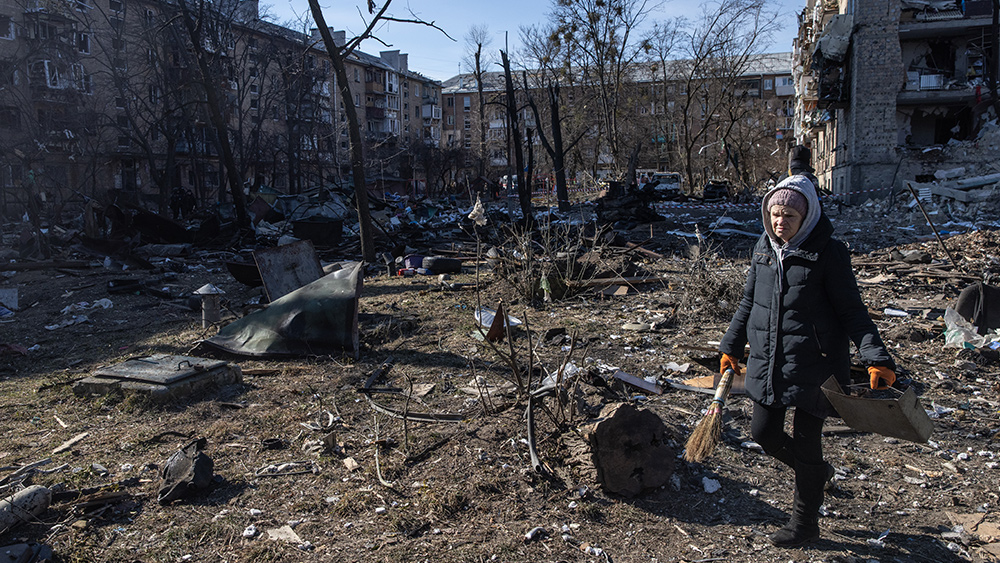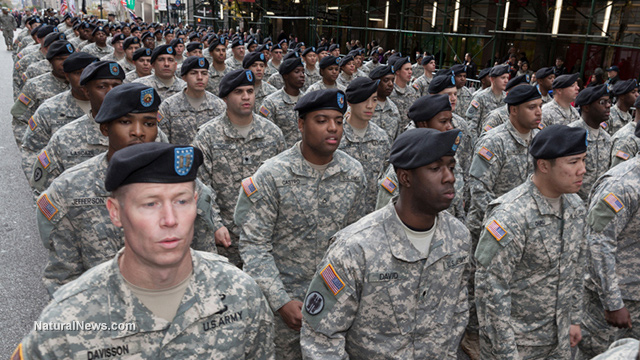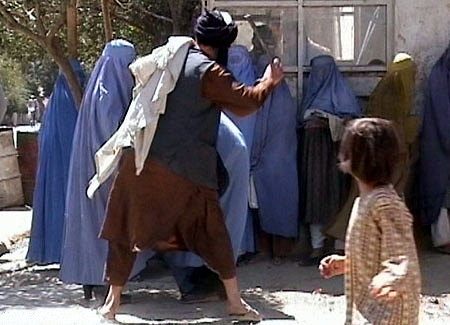
Following more than a decade of fighting militants and irregular forces in urban centers in Iraq as well as during clandestine operations around the world as part of the Global War On Terror, the Pentagon appears to have learned a lesson: Mega-city combat is a loser, in terms of personnel, material and overall cost, not to mention victory would be elusive at best and impossible to achieve at worst.
That is mostly because warfare today does not involve the leveling of cities like it has in global conflicts of yesteryear, when, during World Wars I & II entire cities were blasted to bits and, in Japan's case, nuked out of existence.
That is not completely true; there are factions, countries, that still believe in the concept of destroying city centers in order to win conflicts; Syria comes to mind. But those nations also find such operations costly in terms of manpower and war material.
"The details of these challenges–and this gloomy vision of the future–are featured in a downright depressing video named 'Megacities: Urban Future, the Emerging Complexity' that has been shown at the Joint Special Operations University," TheDrive.com reported this week.
"The video was obtained via a FOIA request by The Intercept. In it, visuals of crowded urban sprawl, riots, poverty and military operations are splashed across the screen as a narrator somberly describes a hugely complex and tactically bankrupt combat environment of the future," the report continued.
Given what happened throughout last summer and into the fall ahead of the Nov. 3 election -- the so-called 'Floyd Rebellion,' as it were -- visions of just what it would look like for troops to operate in raucous, riotous cities are still fresh in the minds of nearly all Americans. And those riots occurred in mostly functioning cities; now imagine the carnage in cities where local governments had lost control and any semblance of a civil society no longer existed.
Military operations in those environments would be incredibly difficult, costly and deadly.
The Intercept describes the video thusly:
The video was used as part of an “Advanced Special Operations Combating Terrorism” course offered at JSOU earlier this year, for a lesson on “The Emerging Terrorism Threat.” JSOU is operated by U.S. Special Operations Command, the umbrella organization for America’s most elite troops. JSOU describes itself as geared toward preparing special operations forces “to shape the future strategic environment by providing specialized joint professional military education, developing SOF specific undergraduate and graduate level academic programs and by fostering special operations research.”
Megacities are, by definition, urban areas with a population of 10 million or more, and they have been a recent source of worry and research for the U.S. military. A 2014 Army report, titled “Megacities and the United States Army,” warned that “the Army is currently unprepared. Although the Army has a long history of urban fighting, it has never dealt with an environment so complex and beyond the scope of its resources.” A separate Army study published this year bemoans the fact that the “U.S. Army is incapable of operating within the megacity.”
'Incapable of operating.' That is largely because the vast majority of the Army's troops are never trained for anything close to urban combat. That training is reserved primarily for special operations units and some advanced infantry formations. Ditto for the Marines, the military's other ground force.
“Even our counterinsurgency doctrine, honed in the cities of Iraq and the mountains of Afghanistan, is inadequate to address the sheer scale of population in the future urban reality," the video's narrator says. "We are facing environments that the masters of war never foresaw… We are facing a threat that requires us to redefine doctrine and the force in radically new and different ways.”
And yet increasingly, these cities are teetering on collapse. As we saw last summer, they are a riot -- or two -- away from self-destruction. And worse, the one man who wanted to quash the violence -- Donald Trump -- was beaten out of reelection by a concerted effort to steal it from him.
Prepare yourselves.
Sources include:
Please contact us for more information.





















